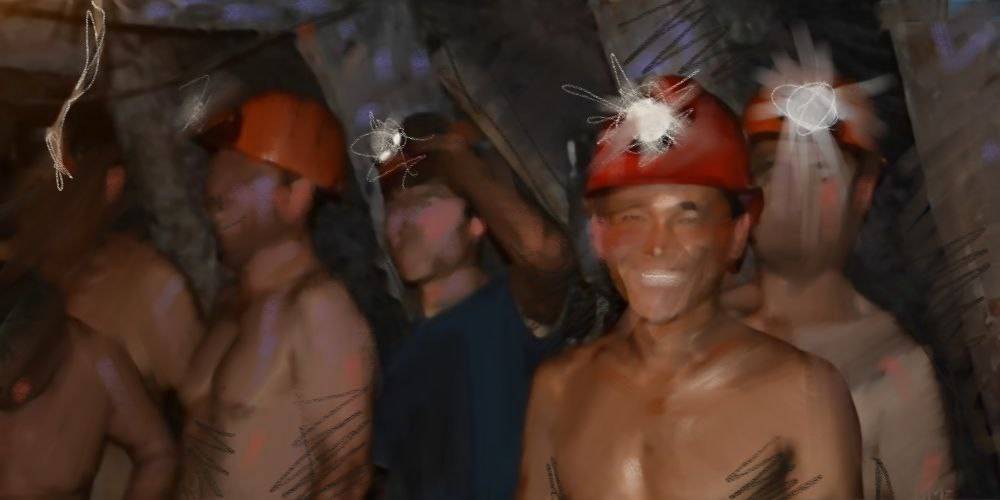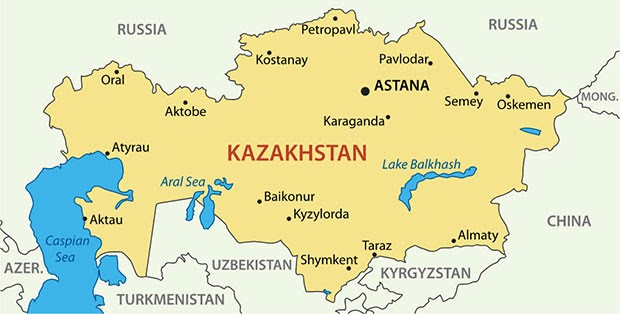After Deadly Mining Accident, Kazakhstan to Inspect Hazardous Industries
Kazakh President Kassym-Jomart Tokayev has ordered an audit of industrial facilities to assess their compliance with safety standards following a deadly accident at a Kazakhmys Corporation mine in the Ulytau region. Tokayev described the state of workplace safety in Kazakhstan as “unacceptable”, citing gross violations of safety regulations. He criticized companies for failing to invest adequately in worker protection, leading to industrial accidents, fatalities, and injuries. Government Mandates Safety Overhaul “The President instructed the government to take the following measures to ensure the safety of citizens involved in hazardous production facilities: conduct an audit of facilities for compliance with industrial safety standards, develop and implement modern safety systems, including gas alarms, seismic sensors, and positioning systems,” reads an official statement. Tokayev also directed authorities to digitize industrial safety systems, introducing automated forecasting and warning mechanisms. Based on the audit’s findings, companies will be required to increase investment in modern safety technologies by adjusting their operational programs. Additionally, the Cabinet of Ministers has been tasked with tightening supervision and regulatory controls in the industrial sector. “These instructions have been placed under special control by the presidential administration,” the statement emphasized. Investigation Into the Mining Tragedy As The Times of Central Asia previously reported, on February 17, an explosion at the Zhomart mine in Zhanaarka district, Ulytau region, killed seven employees of Kazakhmys Corporation LLP. A government commission was established to investigate the incident, with preliminary findings attributing the accident to a natural gas explosion. Mining operations at the site have been suspended pending the results of the investigation. Two specialized subcommissions have been created: One to determine the cause of the accident. Another to identify possible safety violations. These subcommissions are expected to complete their work by March 1. Calls for Stronger Oversight Kazakhstan’s parliament is pushing for stricter workplace safety measures, particularly in the mining sector. Mazhilis deputy Arman Kalykov has proposed the creation of a separate state body dedicated to industrial safety, which would report directly to the prime minister.






